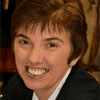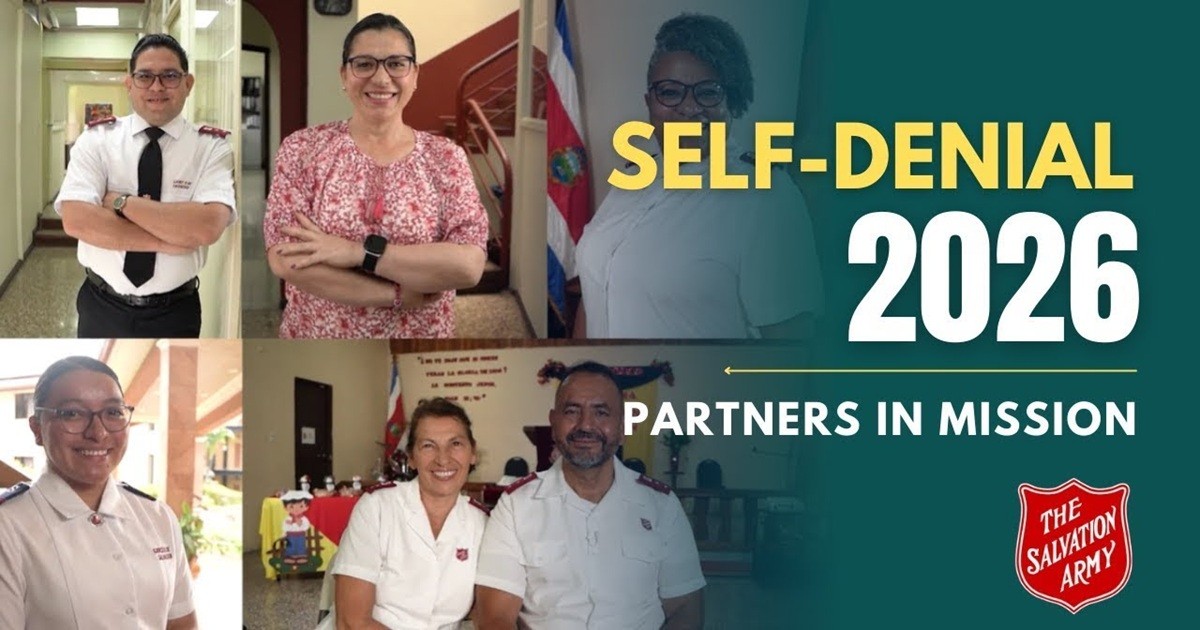 About three years ago, I made a decision that would have significant impact upon my life. I joined Facebook! Now, did I do this because of a longing for social connectivity or even a desire to enhance my ability to link up with old friends? No, although these would have all been good reasons. So I will make my confession now! I did this primarily because I recognized it was a great way to keep connected with the youth of our congregation and thanks to the ingenuity of one of our younger members, I quickly found my way into our own Facebook Heritage Park Temple group site. I was immediately at home and before I knew it, I was receiving friend requests like crazy! If there were ever any haunting shadows in my childhood reminding me of what it was like to seek popularity, these were all eliminated as click by click of the mouse, I confirmed those who so readily wanted to be my friends. Talk about a great way to build positive self-image!
About three years ago, I made a decision that would have significant impact upon my life. I joined Facebook! Now, did I do this because of a longing for social connectivity or even a desire to enhance my ability to link up with old friends? No, although these would have all been good reasons. So I will make my confession now! I did this primarily because I recognized it was a great way to keep connected with the youth of our congregation and thanks to the ingenuity of one of our younger members, I quickly found my way into our own Facebook Heritage Park Temple group site. I was immediately at home and before I knew it, I was receiving friend requests like crazy! If there were ever any haunting shadows in my childhood reminding me of what it was like to seek popularity, these were all eliminated as click by click of the mouse, I confirmed those who so readily wanted to be my friends. Talk about a great way to build positive self-image!
While I will admit there are probably many ways I could further benefit from my Facebook membership, there is one connection for which I am particularly thankful. Facebook has given me the ability to connect with a long lost family member. While difficult family circumstances inhibited our contact as children, Facebook has given us a place to meet and begin building connections once again. My story is probably only one of many testimonials that speak to how this on-line social network has become a means of bringing people together.
Ongoing involvement with this forum, however, has led to some startling realizations. For instance, did you know that presently Facebook boasts over 250 million active users? An incredible amount of logins, to say the least! Evidently, this on-line social network has come a long way from 2004, when a few Harvard university students decided to be creative with a computer science course assignment. It raises the question, however, as to what this Facebook phenomenon is saying about the social context in which we are now serving. What does it say to us that this extraordinary number of people actively engages in global Facebook communication every day, building connections, posting information about themselves and others, sending messages and greetings, issuing invitations to join causes and the list goes on and on! What does this say about the needs of those to whom we minister? Two insights readily come into clear view.
Firstly, this Facebook phenomenon is pressing the priority people are placing upon safe forums for self-disclosure. Just today, I read about a friend who was feeling tired; a friend fearing some up-coming event in their life; another friend who was frustrated; yet another with news about a family vacation and even a friend who was celebrating the purchase of a new pair of shoes. While the stories have certainly been out there about people who have misrepresented who they are and what they are about, in the simplest sense, Facebook has provided people with a place to say, “Look at what is going on in my life.” (Note: for some there has even been the risk of too much self-disclosure.) With this said however, it has given users the ability to control what self-expression looks like. If we want to extend the communication, we can. If not, we simply log off.
I put this in conversation with a recent survey conducted to determine how people were connecting in a congregational setting. The key research question was how the target audience was finding ways within this context to self-express and ultimately how effectively were they building meaningful relationships?
Interestingly, the results identified how young adults (single twenty-somethings) were much more likely to have few to no friends, in comparison to that of older adults (age forty plus). Bottom line – young people were not finding a forum for meaningful relationships which ultimately translated as community disconnect and this was the story for 65% of those surveyed. Consequently, these individuals went elsewhere to build positive relationships. While much could be said as to the issues impacting this reality, it presses the question as to how we are opening doors in our congregational settings to build relationships with those for whom this may be difficult. Do our corps settings mirror the kind of communicative engagement Facebook users find on-line? If there are any subtle messages coming to us out of our current culture, it may simply be the underlying outcry of a Facebook user saying “Someone, please pay attention to what is going on in my life!”
Secondly, Facebookers are subtly pressing the priority of today's culture to be numbered in a community of friends. Again, by the simple click of the mouse, one can log on and instantly be part of an engaging community network, where there is interactive conversation and dialogue. Presently my own Facebook profile indicates contact with almost 300 friends. It would probably be greater, if I were more conscientious in keeping things updated! Needless to say, 300 friends in one location…. that's a lot of company coming for dinner. It's encouraging to know that you have affinity with such a crowd! Is this the case, however, as people come into the community of faith? Do they feel the warmth of being in the company of friends? I'm reminded of the story of a person who visited a church over a one month period. After the fourth Sunday, she eventually decided to go elsewhere because no one had spoken to her at all during her visits. She had gone into the church and out, week after week, without any meaningful connecting points. Obviously, something had been missed and she did not feel the company of friends. Sociologist Len Sweet speaks into this reality when he identifies that for today's postmodern generation, “me” needs to be defined as “we” in order to “be.” Sweet's point is clear; it is not enough in our current context to exist as islands on to ourselves. Today's culture is looking for ways to be numbered among those who will say, “You matter to me! So tell me about that brand new pair of shoes you bought! Tell me why you are feeling bored, or frustrated or sad. Tell me what is going on in your world.” Today's culture is looking to be in the company of friends.
So in the big scheme of things, is it possible Facebook becomes something of a parabolic picture of what we are aiming for in the kingdom of God? Perhaps Luke captures it best in Jesus' teaching about people coming from east and west and north and south, and all those who will take their places at the feast in the kingdom of God (Luke 13:29). The point is that on that grand and glorious day of eternal reckoning it will be about community. It will be about the gathering of all those who are counted as friends of Christ, coming together and in that place, people finding expressions of mutual identification and belonging. It will be about those who claim as their profile the common values of the kingdom of God. Networking together, perhaps they will post messages to each other that say, “This is who we are; this is the community to which we whole-heartedly belong. We are kingdom people.”
If this is our goal, then these three questions remain:
1. How might we extend what Facebook users are discovering on-line into the places where we are meeting face-to-face? How can we use these insights as a spring board to point toward what a greater sense of Christian community might look like?
2. How can we best speak into the needs of this present age, recognizing its desire for authentic relationships and belonging?
3. How might Facebook's mission to bring people together speak into our sense of Christian mission, remembering that this was first the mandate of the early Church to bring lost souls into a relationship with God?
My new-found connection with a long lost cousin reminds me that reconciliation is always possible and it is our great privilege to be ambassadors of this good news.
 Major Julie Slous is corps officer at Winnipeg's Heritage Park Temple. She also serves as adjunct faculty at the College for Officer Training. In May 2009, Julie completed her doctoral studies in biblical preaching. Her thesis work centred on “Preaching a Disturbing Gospel─The Homiletic of The Salvation Army for Postmodern Times.” When not studying and writing, personal hobbies include reading, cooking, musical composition and, of course, listening to sermons! Married to Brian, she has three children.
Major Julie Slous is corps officer at Winnipeg's Heritage Park Temple. She also serves as adjunct faculty at the College for Officer Training. In May 2009, Julie completed her doctoral studies in biblical preaching. Her thesis work centred on “Preaching a Disturbing Gospel─The Homiletic of The Salvation Army for Postmodern Times.” When not studying and writing, personal hobbies include reading, cooking, musical composition and, of course, listening to sermons! Married to Brian, she has three children.









Leave a Comment